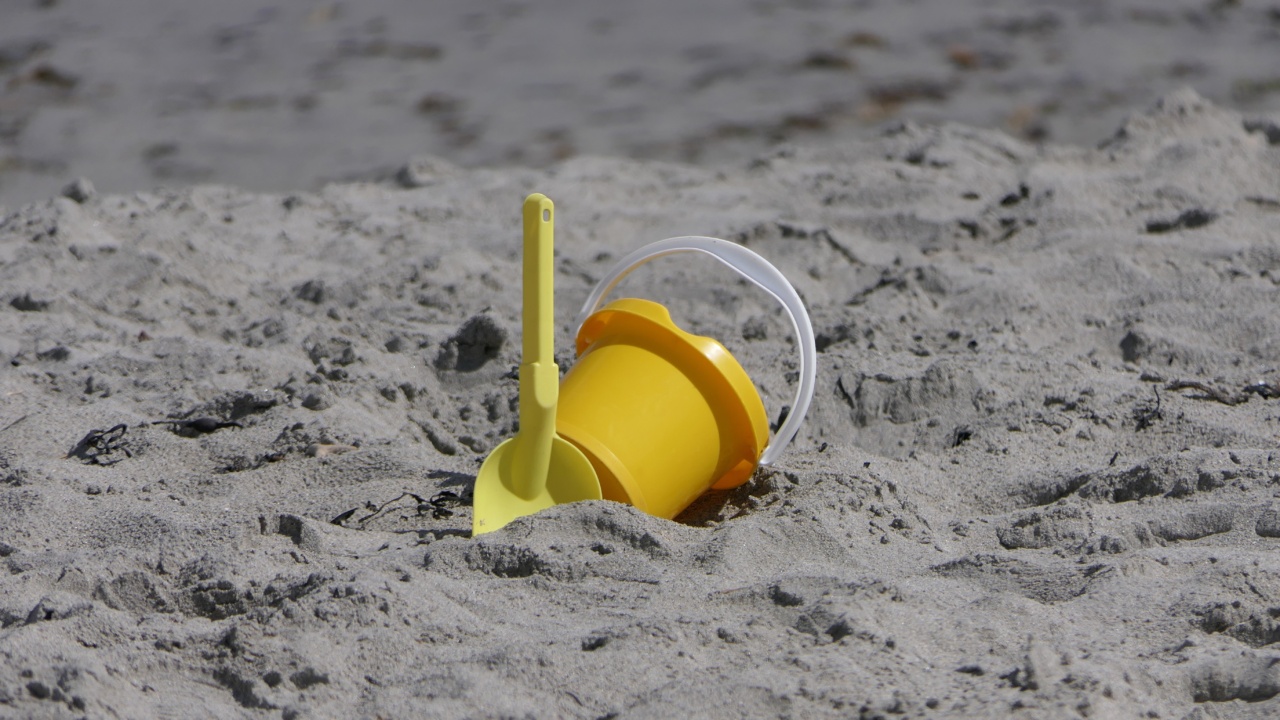Swimming is a popular summertime activity, but it can also lead to urinary tract infections (UTIs) if proper precautions are not taken. UTIs are bacterial infections that affect the urinary system, including the bladder, urethra, and kidneys.
They can be painful and cause discomfort, making swimming an unpleasant experience. However, there are simple steps you can take to prevent UTIs while swimming, ensuring a safe and enjoyable experience in the water.
Stay Hydrated
Drinking plenty of water is essential to preventing UTIs. When you’re swimming, you may not feel the need to drink water as you are surrounded by it. However, swimming can dehydrate your body, especially on hot summer days.
Dehydration can lead to concentrated urine, which can irritate the bladder and cause bacteria to multiply, leading to a UTI. Therefore, make sure to stay hydrated before, during, and after swimming, even if you don’t feel thirsty.
Use the Restroom Frequently
Make sure to use the restroom before and after swimming, and avoid holding your urine for long periods. Holding your urine can put pressure on your bladder and lead to UTIs.
When you’re in the water, the pressure on your bladder may increase, making the need to use the restroom more urgent. Therefore, address the need to use the restroom promptly to reduce the risk of infection.
Wear Appropriate Swimwear
Wearing appropriate swimwear can also help prevent UTIs. Tight-fitting swimwear can trap moisture and heat, creating a breeding ground for bacteria.
On the other hand, loose-fitting swimwear allows for proper airflow and can prevent bacteria from accumulating in the genital area. Therefore, choose swimwear that fits comfortably and allows for proper ventilation.
Cleanse Your Genital Area
Cleansing your genital area after swimming is crucial in preventing UTIs. Swimming in chlorinated water can disrupt the pH balance of your vagina, allowing bacteria to thrive.
Therefore, rinse your genital area with clean water after swimming and avoid using scented soaps or douches, which can further irritate the area. Also, make sure to dry your genital area thoroughly after washing to prevent moisture buildup.
Avoid Recreational Water Illnesses (RWIs)
Recreational Water Illnesses (RWIs) are caused by harmful microorganisms that are found in swimming pools, hot tubs, and lakes. These microorganisms can cause a range of illnesses, including UTIs.
Therefore, make sure to avoid swimming in waters that are contaminated or have been closed due to RWIs. Also, avoid swallowing pool water as it can contain harmful bacteria that lead to infections.
Urinate After Swimming
Urinating after swimming is essential in preventing UTIs. When you urinate, you flush out any bacteria that may have entered your urinary tract. Therefore, don’t delay using the restroom after swimming, even if you don’t feel the need to go.
Also, make sure to wipe from front to back to prevent bacteria from entering your urethra.
Take Showers Instead of Baths
Taking a shower is more hygienic than taking a bath. When you take a bath, you’re sitting in water that may contain bacteria, urine, and fecal matter. The warm water can also increase the growth of harmful microorganisms.
On the other hand, taking a shower rinses away any bacteria that may have accumulated on your skin and genital area. Therefore, avoid taking a bath after swimming.
Don’t Wear Wet Clothes for Long Periods
Wearing wet clothes for long periods can create a damp environment that is ideal for bacteria growth. Therefore, change out of your swimsuit as soon as possible after swimming and make sure to dry yourself thoroughly.
Also, avoid wearing tight-fitting, damp clothing, as they can trap moisture and promote the growth of harmful microorganisms.
Practice Good Hygiene
Practicing good hygiene is essential in preventing UTIs. Wash your hands frequently, especially before and after using the restroom, to prevent the spread of bacteria.
Also, avoid sharing towels or other personal items, as they can transfer harmful bacteria. Carry your own towel and use it to dry yourself thoroughly after swimming.
Conclusion
Swimming is a fun and refreshing activity, but it can lead to UTIs if proper precautions are not taken.
By staying hydrated, using the restroom frequently, wearing appropriate swimwear, cleansing your genital area, avoiding RWIs, urinating after swimming, taking showers instead of baths, avoiding wearing wet clothes for long periods, and practicing good hygiene, you can reduce the risk of UTIs while swimming. These simple steps can help you enjoy a safe and healthy summer in the water.





























